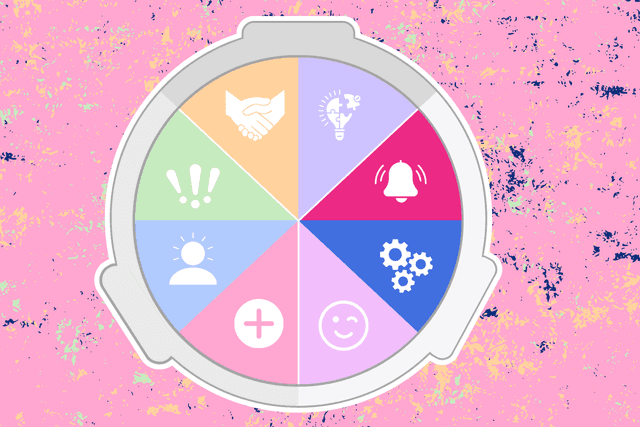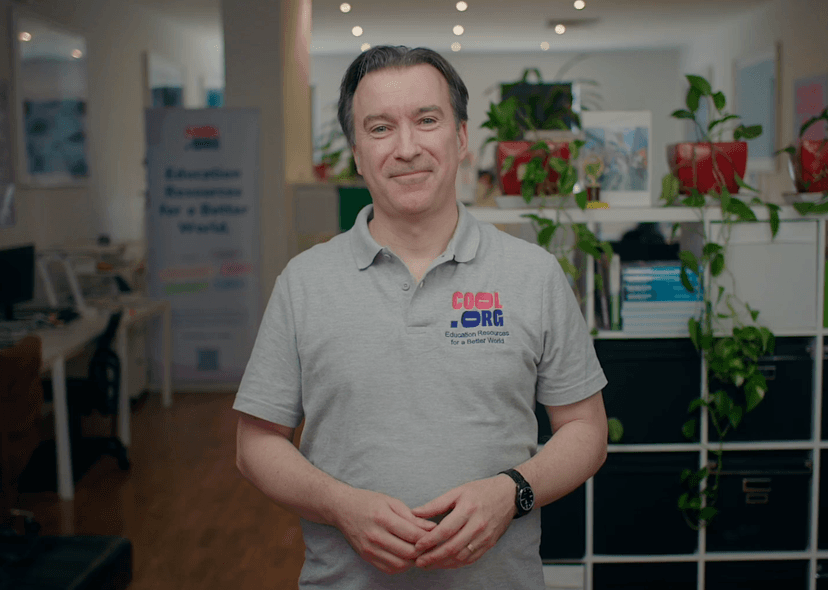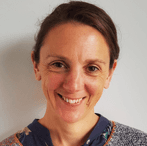Video transcript
“Hi, I’m Hamish from Cool.org.”
“We know that sometimes the real-world issues that you and your students explore in the classroom can cause you and your students to feel upset. Which is not surprising - the world can feel like a pretty unhappy and unkind place at times."
"Here at Cool, we think it's important for students to explore these issues, but we’d like them to do it in a way that supports their psychological safety."
"This is why we've created Cool’s Hope Framework. This Framework provides tactics and strategies you can use as a guide when you explore upsetting topics."
“In this course, you will explore these tactics and be provided with practical examples to help you foster a more hopeful classroom. If you have any questions or comments, your course teacher will be available to assist you.”


